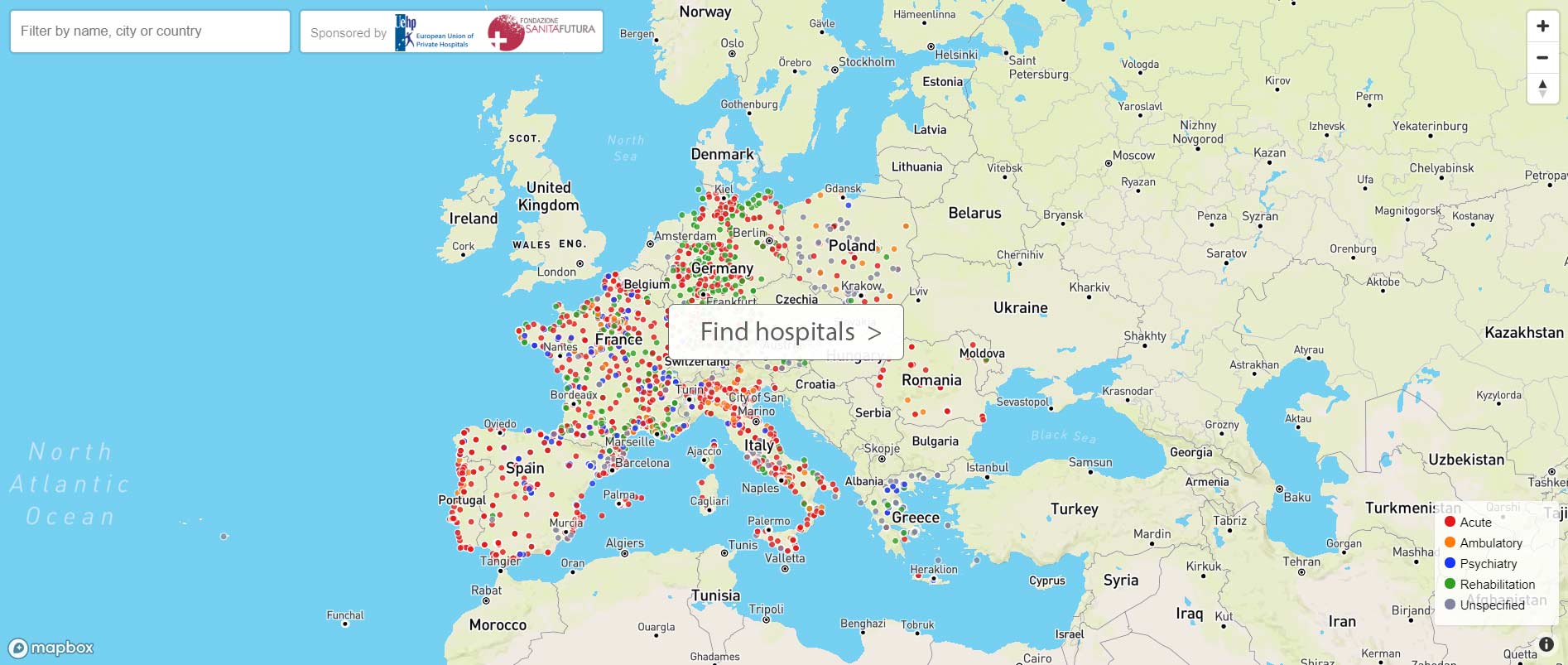What we all feared has now happened. Engaged in hospital cybersecurity, we (UEHP) have for years believed that a computer attack could endanger the lives of patients.
We shared these fears in our working meetings with DG CONNECT and ENISA in Brussels explaining that ransomware or malware would eventually become killerware. This unfortunately happened at the University Clinic in Düsseldorf on September 10 with a ransomware attack causing the entire computer network to crash. The consequence was the impossibility to provide care in a critical situation which required the transfer of an emergency patient, the latter having since died. The investigation is ongoing, but the hospital continues its care mandate with pencils and paper, as their twitter messaging tells us.
Many had already voiced this danger, Josep Borrell for Europe or even NATO in June.
Cybersecurity was also our key topic at the last session of the European Forum in Gastein in 2019. We annually convene a European workshop on Hospital Risk Management where this critical subject is always debated. The vulnerability of our information systems is the Achilles tendon of our modern society, whether in our daily lives as computer users or as citizens faced with the dangers associated with fake news. The cybercrimes committed by the instigators of these attacks have now directly affected human life in a healthcare structure. We know the solution is complex and that States are working on it.
We again call on Europe and its Agencies to ensure that the security that we so value as caregivers is respected in the best interests of us all. We now know and deplore this rampant criminality, a nuisance force of individuals or of organized groups, even in some cases of states themselves. The solution is international. Only the commitment of all can reduce this risk, especially in its most heinous form when it comes to attacking people in vulnerable situations.
Lives depend on it, we must act and indeed, beyond debates and discussions, find practical solutions to counter these malicious acts and identify those responsible.
The hospital of the future must remain a safe place.
Dr Paul Garassus
UEHP President


